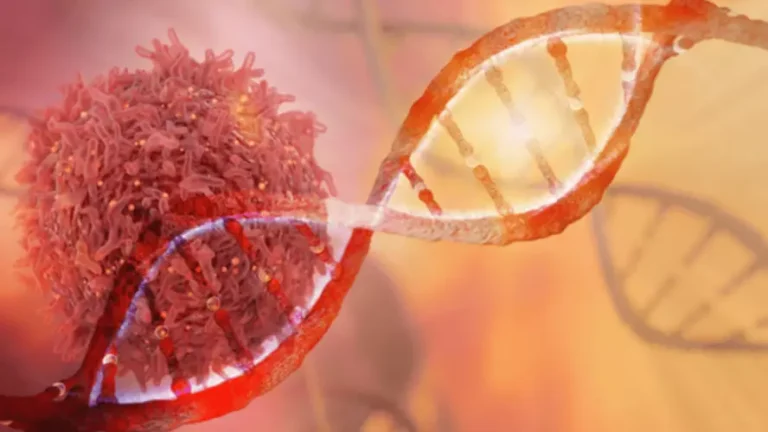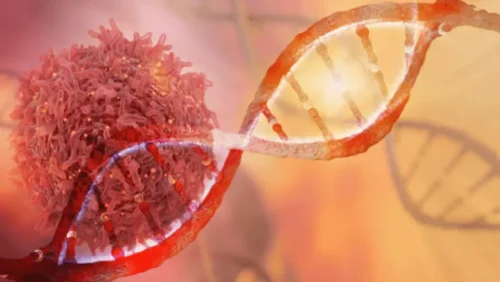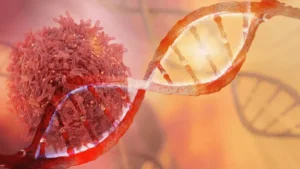
They might also become distant, secretive, or even aggressive, which makes it tough for their loved ones to share their own feelings and needs. This communication breakdown can cause feelings of loneliness and resentment. This often results in feelings of pain, disappointment, and betrayal for you.
- According to the National Institute on Drug Abuse (NIDA), the likelihood of a mental illness diagnosis doubles for individuals suffering from a substance use disorder.
- When making this decision, always prioritize your own safety and well-being.
Don’t Let Your Kids Kill You: A Guide for Parents of Drug and Alcohol Addicted Children
Those in recovery often realize that their actions during active SUD can have long lasting impacts on relationships. But stable and loving relationships are possible with someone who’s in recovery. Without honest communication, both people can end up feeling misunderstood and mistreated, she adds. Partners of those living with SUD experience their own fair share of relationship challenges. Severe substance use disorder can put a strain on or deplete someone’s finances.
Behind The Real Sex And Love Addiction In The Musical Film ‘Unlovable’
Working towards sobriety is their goal, their process, and their prerogative. Learning how to support someone in recovery isn’t about inserting yourself into that journey and trying to force their hand, but simply being the partner and advocate that has their back. Your perspective on another person’s addiction is not the reality of their experience. Someone opening up to you about addiction is likely a sign that they trust you. Respect how difficult it might be for them to talk about their feelings and behaviors. Several communication strategies can help you show support and compassion in a healthy, effective way.
Connect with understanding peers.
This helps you provide the love and support the addicted person needs in order to heal. When it comes to navigating the complexities of loving someone in recovery, it’s crucial to prioritize caring for yourself. In this section, we’ll explore various aspects of self-care, seeking support from others, recognizing unhealthy dynamics, and knowing when to consider leaving the relationship. With a strong emphasis on self-compassion and well-being, this section offers practical insights and guidance on how to create a healthy and balanced path forward. Understanding addiction and recovery is also important in mental health. Addiction is a complex phenomenon that requires a multidimensional approach for effective management.

Tips for living with a person in recovery from addiction
For you or someone you love, 12 Keys Rehab can help guide recovery from drug or alcohol abuse. Our admissions counselors are available 24/7 and are happy to answer any questions you may have. Whether you are seeking care for yourself or a loved one, call loving an addict us today for a free, no-obligation consultation. Our individualized treatment approach is successful and affordable. The more you reach out and offer support, the better their recovery process will be.

Supporting Your Partner in Recovery

Here are seven tips to keep in mind as you support someone in their recovery journey. Chances are good that you know someone who’s recovering from substance use disorder (SUD) and could benefit from your support. Maybe they’re a close family member or friend, or maybe it’s someone you don’t know as well. Take our free, 5-minute substance abuse self-assessment below if you think you or someone you love might be struggling with substance abuse. The evaluation consists of 11 yes or no questions that are intended to be used as an informational tool to assess the severity and probability of a substance use disorder.
Additional Resources & Support For Families of Addicts
Learn more about addiction from reliable medical sources, and try to understand your loved one’s point of view. For instance, people often use the word “clean” to describe someone drug-free. However, the use of this word implies that a person with addiction is “dirty” when using drugs. Addiction is so stigmatized in our society that people with this type of disorder often expect others to criticize, insult, belittle, and reject them—which can be a barrier to their recovery.

Health Challenges
Educate yourself on this illness and vent any judgments you may have with other people. Here are some of the best steps you can take to support someone in recovery. Remain consistent in your message so your loved one doesn’t misunderstand what you want or expect of them. Remember that language matters, and communicate as respectfully as possible. Some words can negatively influence how people with addiction feel about themselves and their ability to recover. Perhaps the essence of detachment with love is responding with choice rather than reacting with anxiety.

How to Help Someone in Denial of Their Addiction
When you do that it can help you move forward in a positive, productive way, and also understand that you’re not alone. During this time you will also need to create a list of things that you know you will have to change as part of your goal of letting go of an addict you love. In some cases, you and your loved one may both struggle with codependency, but also have your own issues with substance use. You may be aware of the need for getting your own treatment for a substance use disorder. There are some couples who go to treatment together, and it is possible to find rehab centers that will admit both of you at the same time to get addiction help. For example, studies show that sleep deprivation is linked to a range of social and emotional problems, including depression, anxiety, social withdrawal and lack of motivation.
- In addition, it’s important to focus on yourself and manage your own stress.
- Over time, the brain changes and adapts as it becomes dependent on the substance being used.
- Taking care of yourself and accessing the necessary support can help you navigate the challenges of loving an addict.
- In a similar vein, Sarah encouraged her husband John to seek treatment for his alcohol addiction.
- The immediacy and consistency of positive rewards for any movement in a healthy direction has been shown to shape behavior in addictive individuals that can increase the odds of recovery.
These challenges can cause a lot of stress and conflict in a relationship, leading to arguments and hard feelings. Learning how to deal with addiction in a relationship involves recognizing that broken promises are usually a symptom of the addiction, not a sign of how much your partner cares. It’s important to remember that you don’t have to go through this alone. There are tips and resources available to help you along your SUD and relationship recovery journey. Trust is a fundamental part of every relationship, and it often takes a big hit during periods of substance use.

